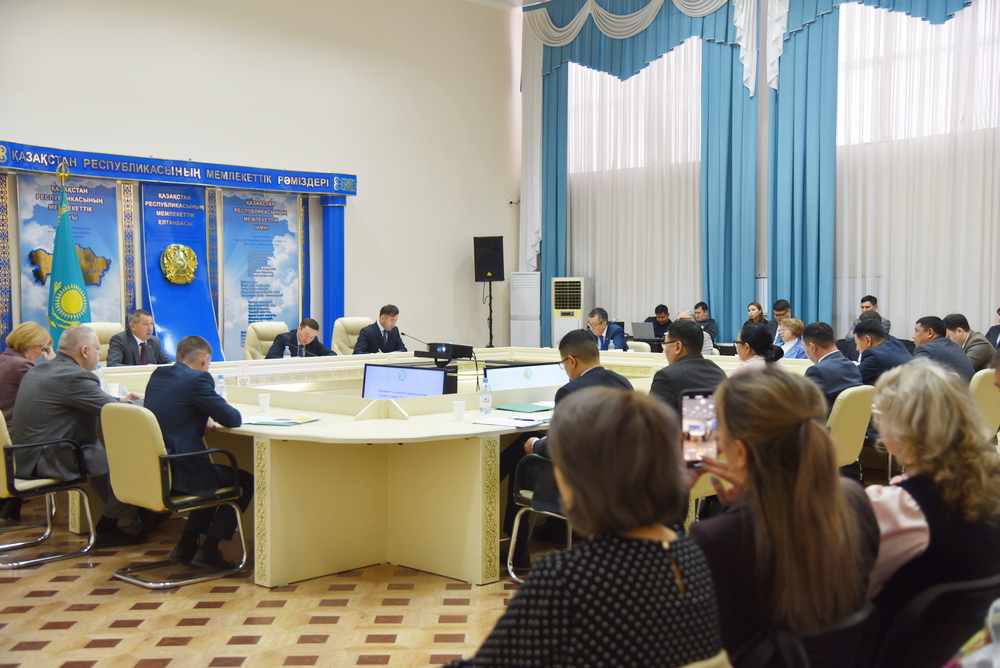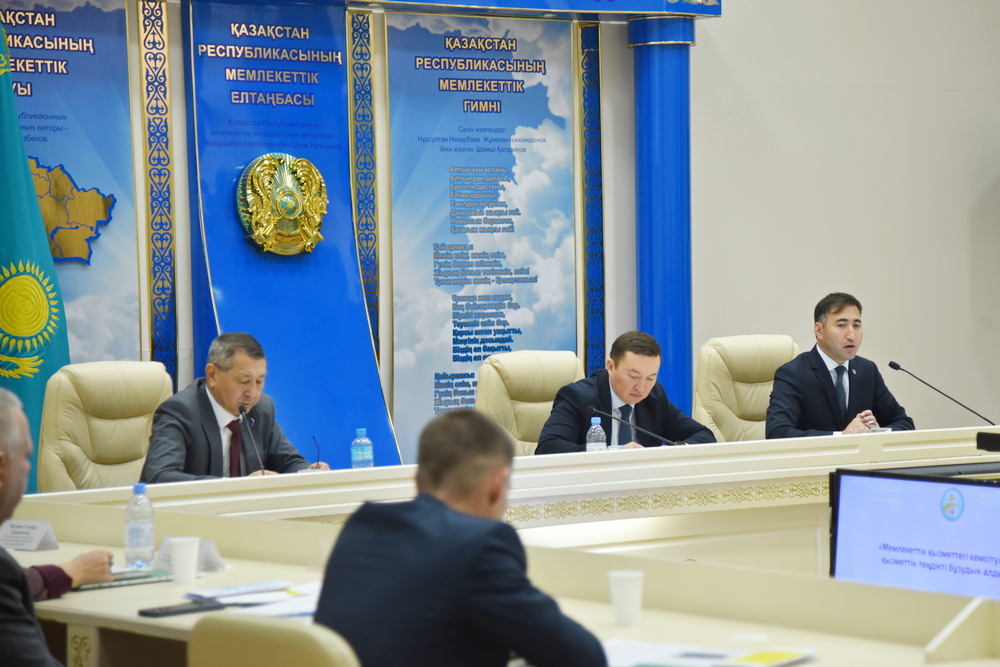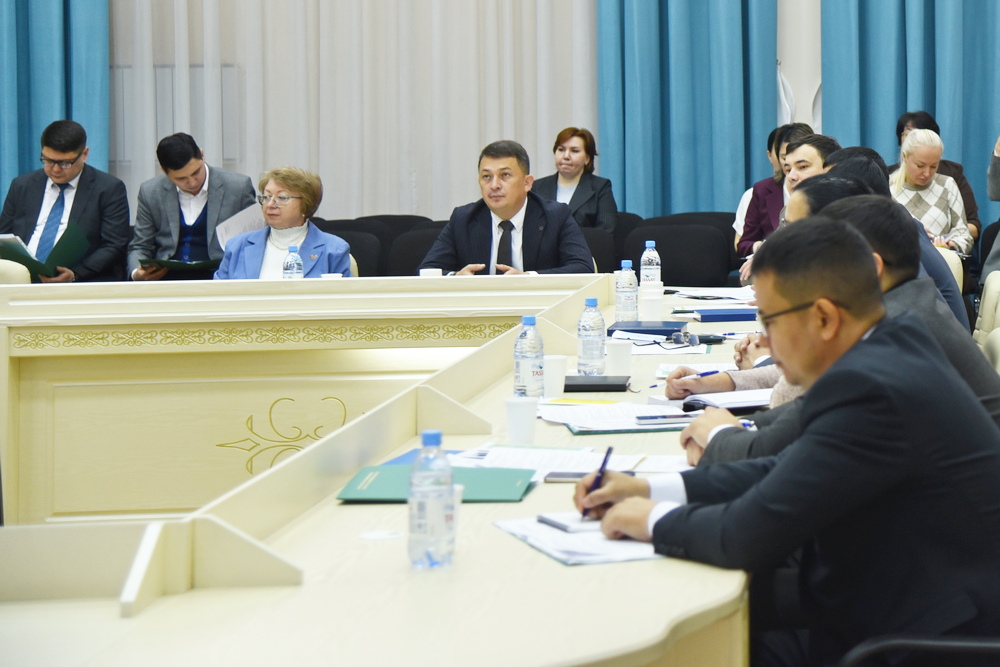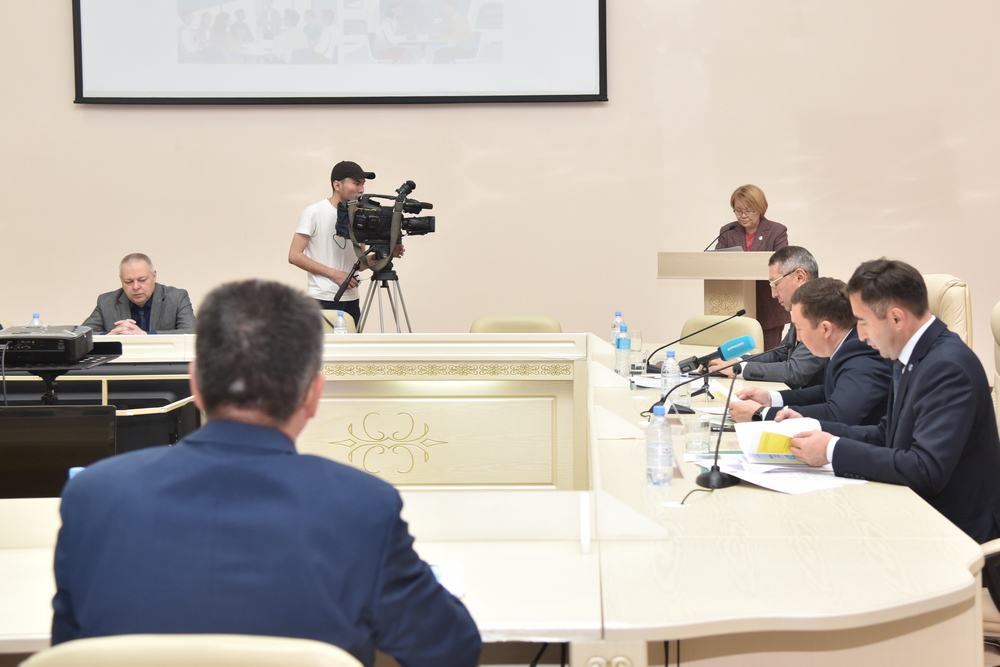Baitursynuly University hosted a discussion on the key principles of inclusion and social partnership.
Ensuring equal rights and opportunities for all people is a priority aligned with SDG 10 “Reduced Inequalities” (Sustainable Development Goals recognized by all countries worldwide).
The principles of inclusion help to ensure equality and engagement of all members of society, forming the foundation of a client-oriented state policy of the Republic of Kazakhstan in education and other areas.
In this context, on November 5, a seminar was held at Baitursynuly University for ethics commissioners of local executive bodies, regional representatives of central state agencies, and deputy akims of the Kostanay region.
The event was organized by the Akim’s Office of the Kostanay Region together with the Regional Department of the Agency of the Republic of Kazakhstan for Civil Service Affairs.
The seminar was led by Yerlan Salykbayev, Head of the Department for Civil Service Affairs, and Kairat Syundikov, Ethics Commissioner of the Akim’s Office of Kostanay Region. The main focus was on enhancing the competencies of civil servants in implementing a client-oriented public policy in the region.
Serik Bekturganov, Chair of the Public Council of the Kostanay Region and a veteran of the civil service, addressed the issue of preventing discrimination in the civil service in social and gender aspects.
Gulmira Kapenova, Advisor to the Akim of the Kostanay Region on family, demographic, and gender policy, discussed methods and tools for effective communication with the public.
Knowledge of inclusion principles is reflected in mechanisms and tools for building constructive and client-oriented communication.
This topic was elaborated on by Tatyana Zueva, Head of the Center for Inclusive Education and Psychological Support at Baitursynuly University.
Among the Center’s key objectives are the development of inclusive awareness and inclusive competencies among professionals at various levels.
Through social partnership, this work contributes to promoting SDG 10 “Reduced Inequalities” in the region.








